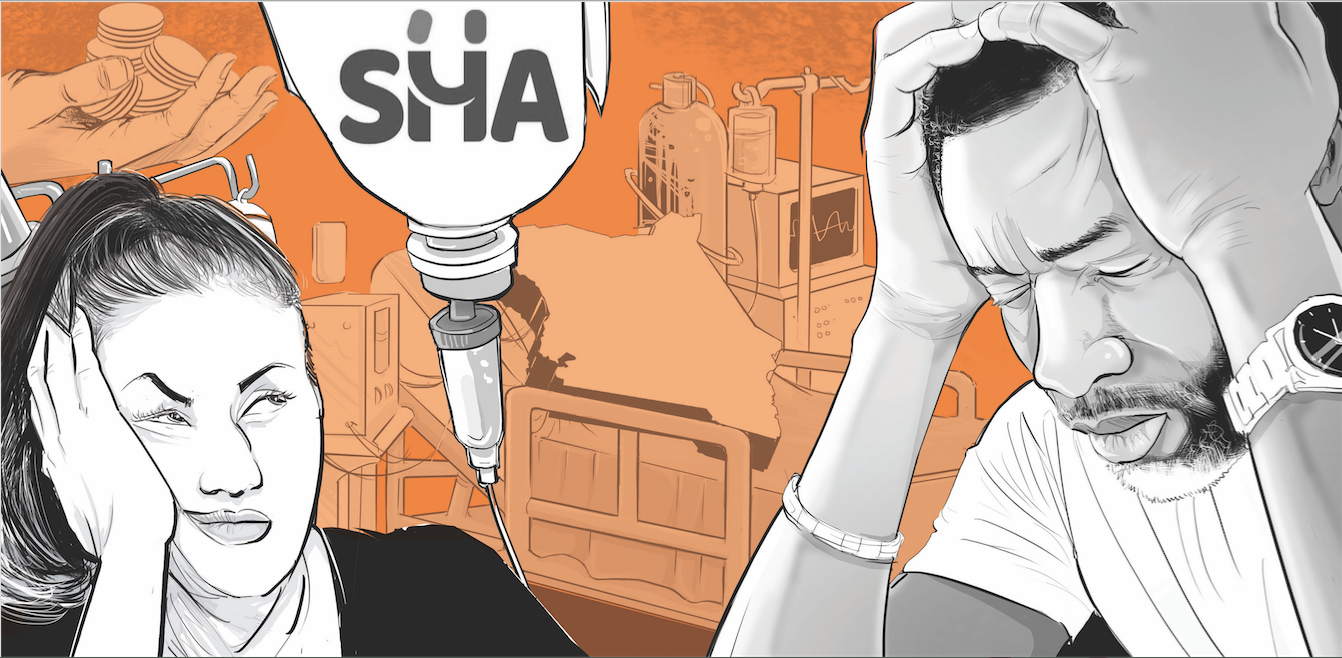

In a small Kenyan homestead, a farmer watches his duck lay an egg each morning. Old folks warn him: “Bata mtaga mayai usimchinje kwa tamaa ya wingi (Don’t slaughter the laying duck for the thrill of getting many eggs quickly)”. To do so would be greed masquerading as gain.
Kenya today faces the same temptation. With the Social Health Authority teetering under fraud, mismanagement and mistrust, leaders are tempted to chase easy money—lucrative contracts, politically convenient packages, short-term optics—while sacrificing the long-term health of the nation. The real choice is stark: cash today or peace of mind tomorrow.
Leaders cannot claim ignorance. They know the global standards. In 2015, the World Health Assembly passed resolution WHA 68.15, urging every country to integrate essential surgery and anaesthesia into universal health coverage. They know that Rwanda launched a national surgical plan in 2018, embedding it into its health sector strategy and tackling its greatest bottleneck: the workforce.
They know that Zambia built its plan with strong national ownership and clear financing paths. They know Ethiopia’s “SaLTS” initiative mobilised wide political support, even as progress remains uneven. The lesson from all these cases is clear: universal coverage demands sustained financing, empowered district hospitals, transparency in claims and accountability for every shilling.
Kenya, however, has veered toward expediency. Take the Sh104.8 billion SHA digital system contract, awarded to a Safaricom-led consortium, which routes citizen contributions into a private escrow account. This is not reform; it is abdication. It leaves the government dependent on private custodians while the public wonders why clinics cannot be paid and patients are denied care.
Easy money buys sleepless nights. Billions directed to private claims managers may look efficient on a balance sheet, but for families whose claims are rejected, the result is despair. Politically convenient benefit packages—like allocating token sums for dental care or medicines—may pacify voters in the short term, but they mock leaders’ own knowledge that these benefits will not cover real emergencies.
Peace of mind, by contrast, comes from choices rooted in integrity. It means a mother in Turkana can deliver her child safely. It means an accident victim in Kisii is wheeled into an operating theatre without his family selling land. It means a diabetic in Mathare can buy insulin without sliding into poverty.
The way forward is not mysterious. Leaders must choose peace of mind over expediency, and that means four simple commitments. First, transparency in allocations: publish, in plain language, how every shilling is spent. Second, meaningful benefit packages: not token amounts but coverage that addresses primary and emergency care.
Third, strengthened public delivery: fund county hospitals and primary facilities directly, rather than relying on opaque private intermediaries. Fourth, independent oversight: give civil society, professional associations and citizens the tools to hold SHA accountable. There is a Swahili saying: “Alaye peke hufa peke yake”—he who eats alone dies alone. Leaders who treat SHA as a trough for insiders may enrich themselves briefly, but they will preside over a system that collapses, leaving them isolated and blamed.
Another proverb warns: “Ukimtendea mwizi vizuri, mwishowe atakuibia”—treat a thief kindly and he will rob you. When fraud is tolerated or rewarded, theft multiplies, trust withers and honest providers drown in suspicion.
History will not remember whether Kenya’s technocrats signed a contract worth Sh104 billion or Sh84 billion. It will not remember which minister defended which procurement. It will remember whether a mother survived childbirth in Turkana, whether an accident victim in Kisii got surgery and whether a child in Mathare could access insulin.
Kenyans do not ask for perfection. They ask for peace of mind: that their contributions are not wasted, that their children are treated when they fall sick, that healthcare will not drive them into poverty.
The SHA crisis is a reminder that while money motivates systems, only peace of mind motivates integrity. And in healthcare, integrity is not a slogan. It is the difference between life and death.
Surgeon, writer and advocate of healthcare reform and leadership in Africa













